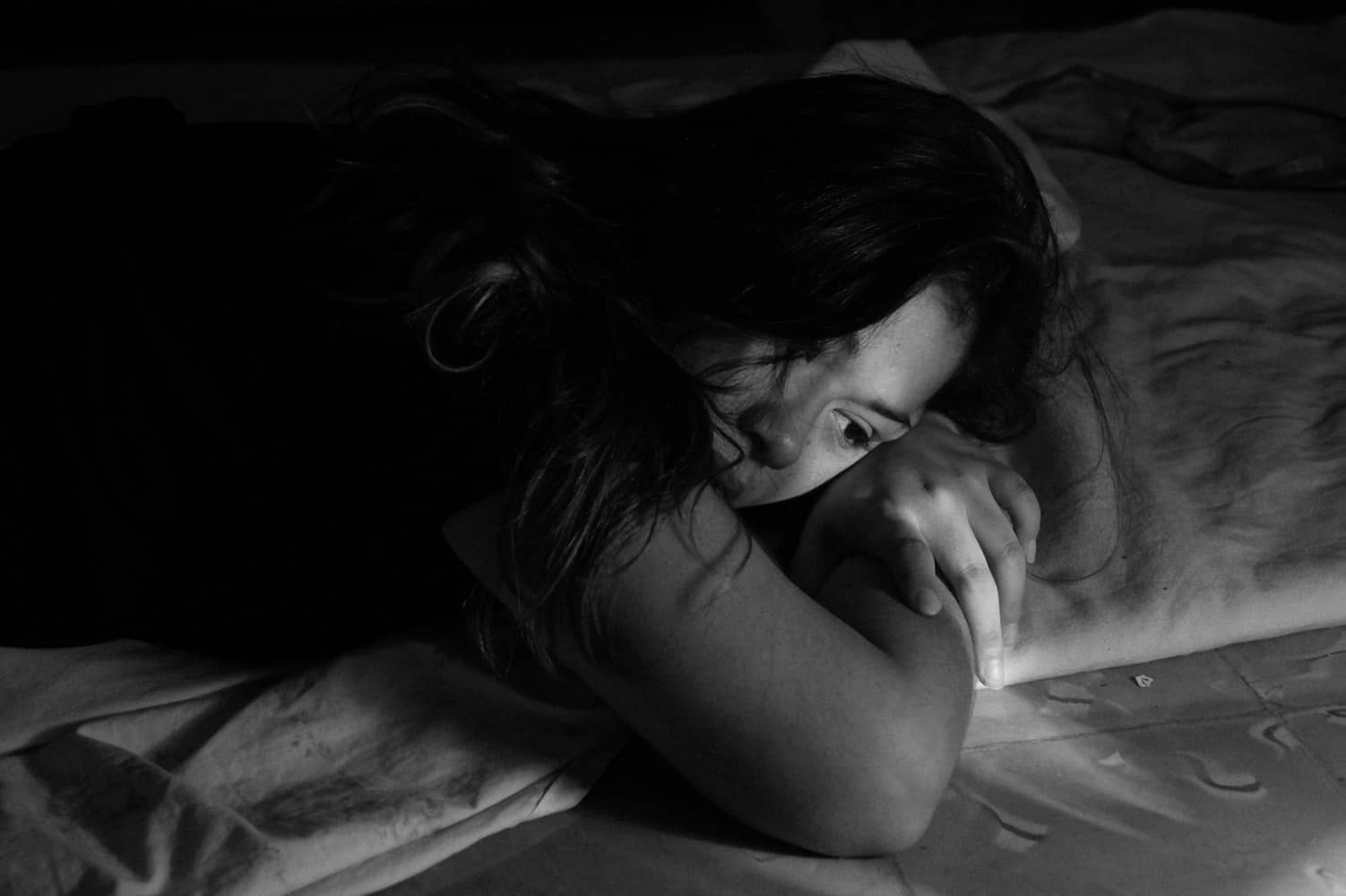Hampshire Constabulary has been recognised for reducing the reoffending rate of first-time domestic abuse perpetrators by 41 per cent following independent analysis by the University of Birmingham.
Project CARA (Cautioning and Relationship Abuse) sits within the criminal justice system as an early ‘awareness raising’ intervention. The initiative was first trialled by Hampshire Constabulary in 2013.
Adopted by nine police forces
Gaining national recognition, CARA has since been adopted by nine police forces who have received special dispensation by the Director of Public Prosecutions (DPP) to use conditional cautions for domestic abuse as an alternative to ‘simple cautions.’
Intervention shaped by victims
Through engagement in two workshops and feedback from victims, the intervention is designed to enable first time offenders to understand what domestic abuse is and the impact and consequences of their behaviour to reduce the possibility of them committing domestic abuse again in the future.
Support from Hampton Trust
CARA has only been made possible by the amazing work of Hampton Trust. Hampton Trust is one of our commissioned services and is one of the most respected and innovative UK providers of work in the field of domestic abuse and criminal justice.
They pride themselves on rebuilding lives by addressing the root cause of domestic abuse and criminality and we are really lucky to work with them on this project to protect future victims.
Research of offences
Analysing our collaborative work, a team from the University of Birmingham’s Institute for Global Innovation, including researchers from Psychology, Economics, and Nursing, carried out an evaluation of offences committed in Hampshire and on the Isle of Wight in 2018/19.
Offenders were then tracked over 365 days in 2020/21 following their referral to the CARA programme to assess the level of reoffending rates over the proceeding 12 month period.
510 offenders were retrospectively assessed
In total, 510 offenders were retrospectively assessed, of whom 218 had taken part in the CARA programme, whilst 292 were chosen to form a matched-control group; a group who had not attended the CARA workshops. The aim was to find out how many individuals re-offended, and to evaluate the severity of follow-on crimes.
Offences were found to have been reduced by 39 per cent in the first six months where there had been CARA intervention, and by 41 per cent overall in the first 12 months. There was no differences found in the severity of offences.
Flowe: Breaking the cycle of abuse
Professor Heather Flowe from the School of Psychology who led the evaluation said,
“The results suggest that the CARA workshops are effective in reducing future domestic abuse harm among low to medium risk first time offenders who admit their crime.”
Not only has the project prevented a number of first-time offenders from entering the criminal justice system, it shows it is effective at breaking the cycle of abuse.
Ashthorpe: Committed to reducing the harm caused by domestic abuse
Inspector Debbie Ashthorpe, who led on the project for a number of years, said,
“We really are proud to have been involved in the original trial of the CARA project back in 2013 and to see now with this research that the initiative is still proving vital for people who experience domestic abuse.
“This innovative approach proved to us back then that CARA awareness raising workshops were effective in reducing domestic abuse in first time perpetrators, and we have run CARA workshops in our force area ever since, showing how they can make a real difference to people’s lives.
“On each case, we work closely with victims and survivors in each case to make sure that CARA is the right option for them. This most recent research proves that CARA continues to be effective and we welcome the findings of the report from the University of Birmingham.
“We are absolutely committed to reducing the harm caused by domestic abuse and are always seeking ways to improve our response. We’re really pleased to see that this independent analysis of our work, together with the vital services of provided by the Hampton Trust, is reducing reoffending and protecting survivors.”
Hughes: Holding offender accountable for their actions
Chantal Hughes, Hampton Trust Chief Executive, said,
“Hampton Trust is grateful to Hampshire Constabulary for their willingness to trial new approaches in tackling domestic abuse without which we would not have gained the original evidence base to pilot CARA in other police forces and to a broader demographic.
“CARA is designed to provide an enhanced criminal justice response for victims. Historically cases meeting the CARA threshold rarely result in the offender being challenged on his/her actions and therefore has a limited impact in preventing domestic abuse and stopping the behaviour.
“The University of Birmingham evaluation further demonstrates that a conditional caution using CARA workshops enables the offender to be held accountable for their actions in a proportionate and meaningful way whilst respecting the views of the victim.”
Jones: Essential we work with perpetrators to tackle their behaviour and stop the cycle of abuse
Donna Jones, Police and Crime Commissioner said,
“Domestic abuse has a devastating impact on the lives of those who experience it. In order to safeguard victims and those vulnerable to harm, it is essential that we work with perpetrators to tackle their behaviour and stop the cycle of abuse. The evaluation of CARA provides further evidence of the importance of investing in services that seek to prevent a continuation or escalation of offending.
“I am pleased to be funding Hampton Trust to deliver CARA across the whole of Hampshire and the IOW until at least 2024. In addition, I am proud to be working in partnership with them and the four upper-tier Local Authorities to provide behaviour change programmes for Domestic Abuse perpetrators. This means there is extra help available for any individuals referred to CARA who may benefit from ongoing support.”
Committed to improving our overall response
Hampshire Constabulary recognises the devastating impact of domestic abuse on the course of a victim’s life, their experiences and their future. We know that it takes a huge amount of courage for victims to make reports.
That’s why we are committed to improving our overall response, not just first time offenders but also for repeat and serious perpetrators, and using our powers in any way we can to protect survivors, now and in the future.
For support, just visit the Website.
News shared by Hampshire and Isle of Wight Constabulary, in their own words. Ed





